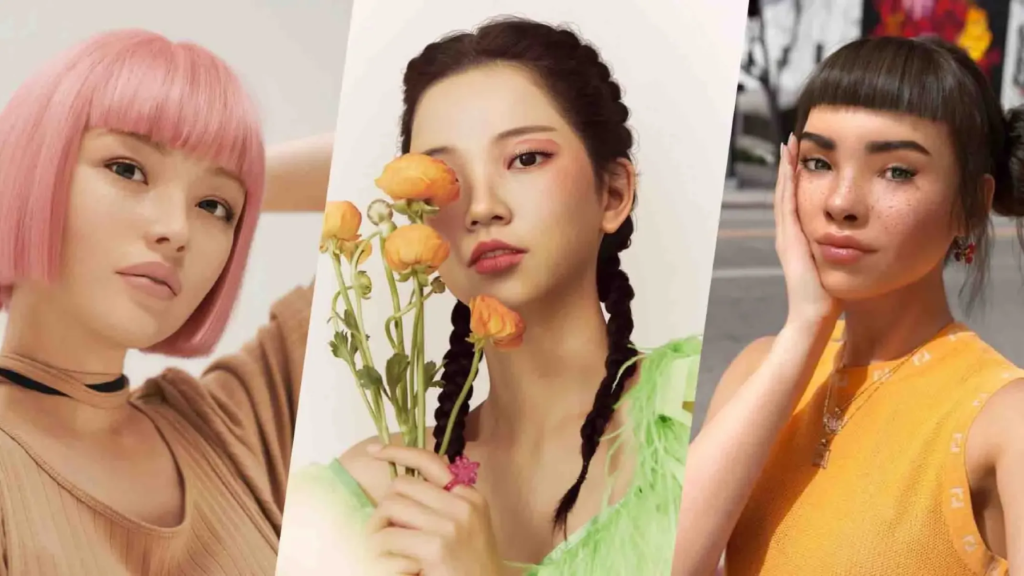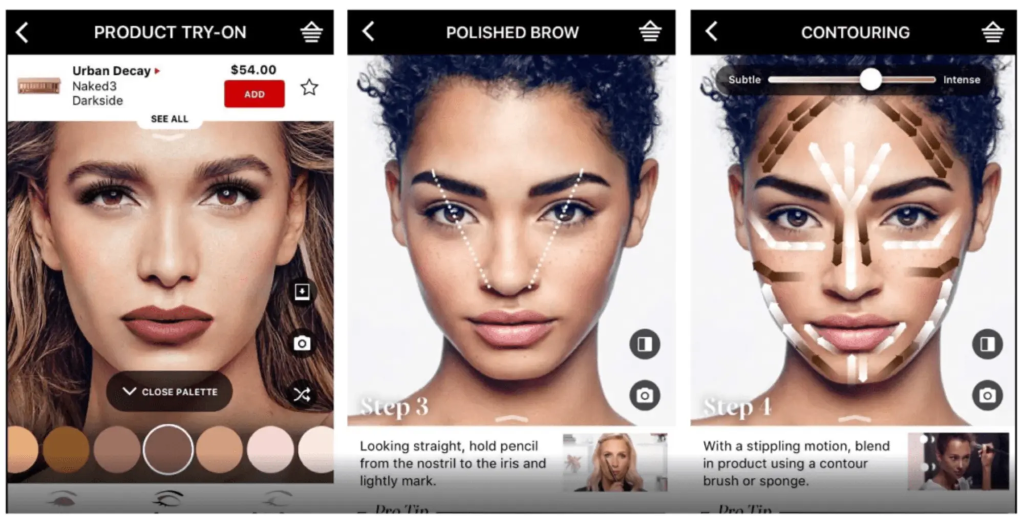AI-Generated Personalities for Brand Loyalty: Crafting Virtual Influencers to Drive Deeper, Lasting Consumer Connections

Brand loyalty has become increasingly hard-won in the digital landscape. Consumers are no longer swayed by mere messaging; they demand genuine connections with the brands they invest in and expect those brands to grow and evolve alongside them.
A new frontier in artificial intelligence is now meeting this demand by enabling AI-generated personalities—virtual influencers who are designed to grow, adapt, and evolve alongside their audience. This novel approach holds great promise for deepening consumer loyalty through highly personalized, dynamic relationships.
The Rise of Virtual Influencers in Brand Marketing
Virtual influencers—digital characters often built with AI and CGI—have rapidly emerged as a powerful tool in brand marketing. They possess unique characteristics, defined backstories, and distinct personalities that capture audience attention. What makes virtual influencers unique is their potential to deliver authenticity without the unpredictability of human influencers, all while tailoring their messaging to resonate with specific audiences. A popular example is Lil Miquela, a virtual influencer created by Brud, whose Instagram presence has amassed millions of followers and partnerships with major brands like Prada and Calvin Klein. By building a digital “personality” that engages with her followers like a real individual, Miquela has fostered meaningful connections that translate to brand loyalty.

Moving Beyond Static Personas: AI-Generated Personalities That Evolve
Traditional virtual influencers, while engaging, are still limited in their ability to adapt in real-time to consumer preferences and behaviors. This is where AI-generated personalities with adaptive characteristics offer a significant advantage. These personalities leverage AI and machine learning to evolve based on user interactions, preferences, and feedback, creating a unique, dynamic relationship that feels personalized over time.
For example, an AI-driven influencer may start off engaging in basic interactions, like recommending products or sharing brand stories, and gradually grow in sophistication. They might learn from their interactions, adjusting their tone, communication style, and even values to mirror the evolving tastes and expectations of their audience. This approach makes the influencer feel more like a trusted, relatable friend and less like a brand mouthpiece.
Why AI-Driven Personalities Foster Deeper Connections
The dynamic nature of AI-generated personalities allows them to move beyond the “one-size-fits-all” approach of static advertising. Research shows that 78% of consumers are more likely to become repeat customers if brands offer personalized experiences, according to a 2023 McKinsey survey. AI-driven influencers that can personalize content to align with user interests and lifestyles create an emotional resonance that is difficult for static campaigns to achieve.
Consider a hypothetical case of an AI influencer representing a wellness brand. If this influencer starts by recommending general wellness tips but gradually adjusts their advice based on the follower’s engagement patterns—perhaps suggesting meditation techniques or specific dietary advice tailored to the user’s interests—the influencer becomes a valuable, trusted advisor rather than just a marketing channel. This personalized touch leads to stronger brand affinity and a higher likelihood of long-term loyalty.
Enhanced Engagement Through Behavioral Data
AI-powered virtual influencers can leverage behavioral data to make interactions even more relevant. Data such as past purchases, content engagement, and even user sentiment can be fed into AI algorithms to help the influencer interact more meaningfully. For instance, a follower who frequently interacts with eco-friendly product posts might find their AI influencer recommending sustainable items or sharing environmental advocacy tips. Such interactions foster a sense of understanding and belonging, further cementing brand loyalty.
A compelling real-world example of behavioral data-driven personalization is seen in Sephora’s Virtual Artist, an AI tool that recommends makeup products based on users’ virtual try-ons and previous purchases. By delivering increasingly accurate recommendations, Sephora maintains a highly engaged, loyal user base. Similarly, an AI-driven influencer could use this principle to curate product suggestions, advice, and even entertainment tailored to the preferences of each consumer.

Building Emotional Loyalty Through AI-Driven Storytelling
Stories are central to building emotional loyalty, and AI-generated personalities are uniquely capable of creating ongoing, evolving narratives. As AI-driven influencers interact with followers, they can weave story arcs that reflect the consumers’ journey with the brand, creating a sense of shared experience. For example, an AI influencer for a travel brand could create a “travel journey” with followers, sharing virtual experiences, destinations, and stories that evolve over time. Each follower would feel like part of a unique, shared adventure, deepening their emotional investment in the brand.
One interesting use case is Samsung’s AI character NEON, developed to mimic human interactions with real-time adaptability. While NEON is still in its nascent stages, its potential to create compelling, real-time, story-driven interactions with consumers foreshadows how virtual personalities may foster loyalty by building emotional connections.

Ethical Considerations and Transparency: Building Trust
As AI-generated personalities evolve, brands must remain transparent about the technology behind them. Consumers today are wary of overly intrusive marketing tactics, and maintaining ethical standards is essential. By openly disclosing the use of AI in virtual influencers, brands can build trust and foster an ethical connection with their audience. For example, Gucci collaborated with Lil Miquela by acknowledging her virtual nature, which paradoxically made her feel more authentic and transparent to followers, ultimately increasing trust in the brand.
The Future: A Personalized, AI-Driven Consumer Experience
As brands seek innovative ways to cultivate loyalty, AI-generated personalities offer a compelling pathway to building deeper, more personalized relationships. These personalities can dynamically evolve, creating connections that resonate on an emotional level, adapt based on user preferences, and leverage storytelling to make consumers feel part of a unique journey.
The age of AI-driven brand loyalty has only begun. With the ability to create deeply personalized, emotionally resonant relationships, AI-generated personalities are set to become a critical tool in the marketer's arsenal, paving the way for a new era of customer-brand connection that is adaptive, engaging, and enduring. By blending the power of AI with the art of human connection, brands have an unprecedented opportunity to foster loyalty that goes beyond the transactional and builds lasting, impactful relationships with their audience.
- What do a well-balanced diet and a well-balanced content strategy have in common?
- Stories are the future of digital marketing
- Organic Content Marketing – A powerful tool to reckon with
- Content is King, but distribution rules the land. Are you invested in it?
- Three Content Marketing Predictions For 2018
- 3 Ways Chatbots Are Revolutionizing Customer Experience In Content Marketing
- 3 ways to balance promotional content with useful information to win the content game
- Organic Content Marketing – A powerful tool to reckon with
- What do a well-balanced diet and a well-balanced content strategy have in common?
- Mirror on the wall who is the real thought leader among all
- Do you have your CEO’s vote for your thought leadership campaign yet
- Pretty pictures and messages not enought to creat a brand anymore
- 5 reasons why you need Thought Leadership
- 3 reasons why organisations should drive reputation management through thought leadership
- Create Result-oriented Content Now
- Tips to Keep the Content Strategy for the Technology Industry Audience
- 5 ways Corporate Blogging helps you stay ahead!